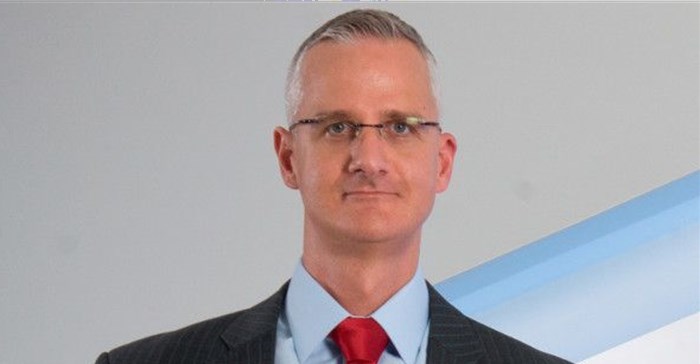
Top stories






More news














It needs to cater for the needs of people who currently don’t have access to even basic quality primary healthcare on the one hand, and addressing the rising incidence of non-communicable diseases on the other.
In addition, a great deal has been documented about the challenges that South Africa face in the provision of adequate primary healthcare, with the cost of healthcare acting as one of the foremost barriers to access across the continent. Other factors include a lack of qualified healthcare workers, shortage of electricity, water and basic technology.
In early October this year, the white paper for the much debated National Health Insurance (NHI) system was released for public comment. With only 20% of South Africans making use of private healthcare due to exorbitant prices, the public healthcare system has been under immense pressure to serve the remaining majority of the population.
The NHI emphasises a new way of thinking in health governance that is needed to reshape the health of South Africa.
“There are a number of significant areas where our healthcare system must transform if we are going to succeed in delivering long-term value-based care,” says Jasper Westerink, chief executive officer, Philips Africa.
Governments cannot be expected to tackle or change the challenges facing the healthcare continuum alone. It has become more important than ever for them to partner and enable businesses and NGOs to work collectively in public private partnerships. A more connected and integrated form of healthcare is key to better serve future generations.
In a landscape with escalating costs, changing regulations and fewer medical resources, innovations, ongoing awareness campaigns and conversations all highlight the progress that is being made in the journey to provide the right care at the right time to all patients. The technologies and platforms are increasing the efficiency of healthcare for both care provider and patients and are intended to reshape the health of the nation.
“I look forward to being on the frontline as we continue to bring technology, data and people together and as we come up with even more innovative solutions that can make people’s lives better in a real and measurable way,” concludes Westerink.